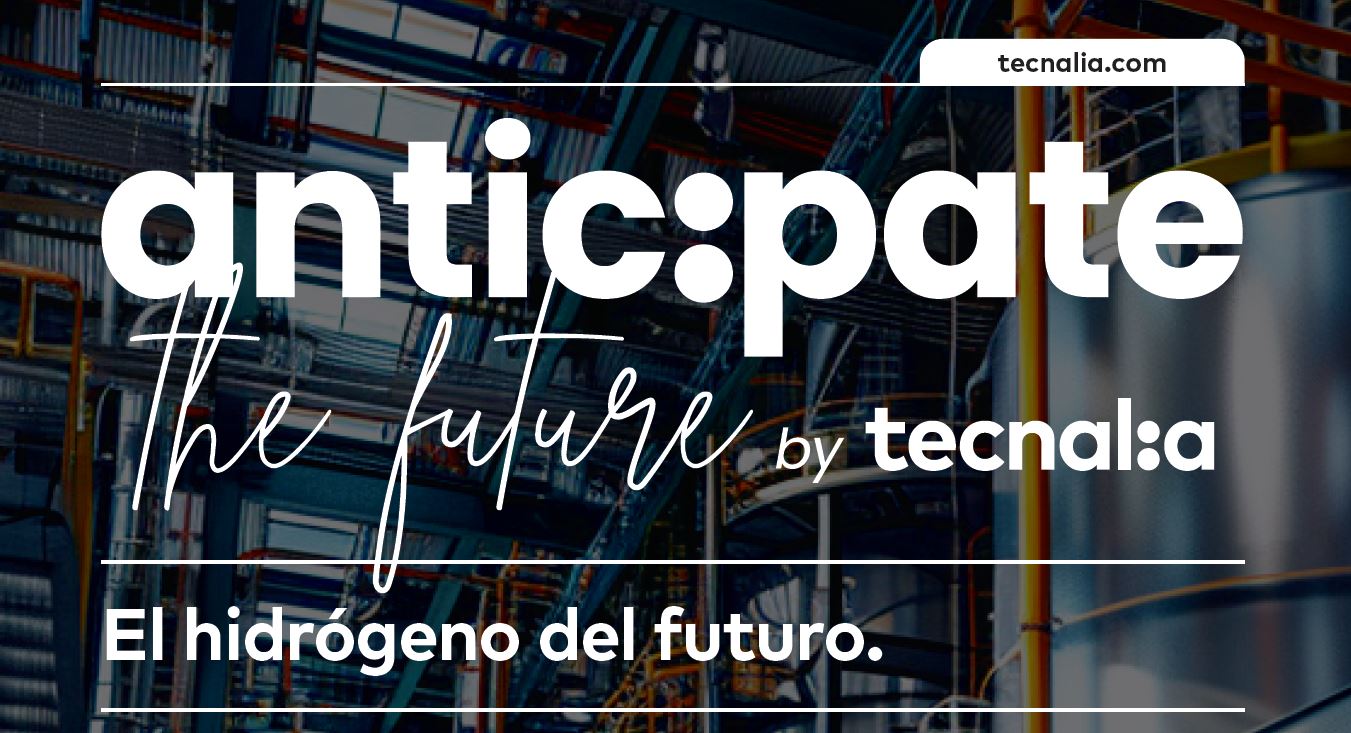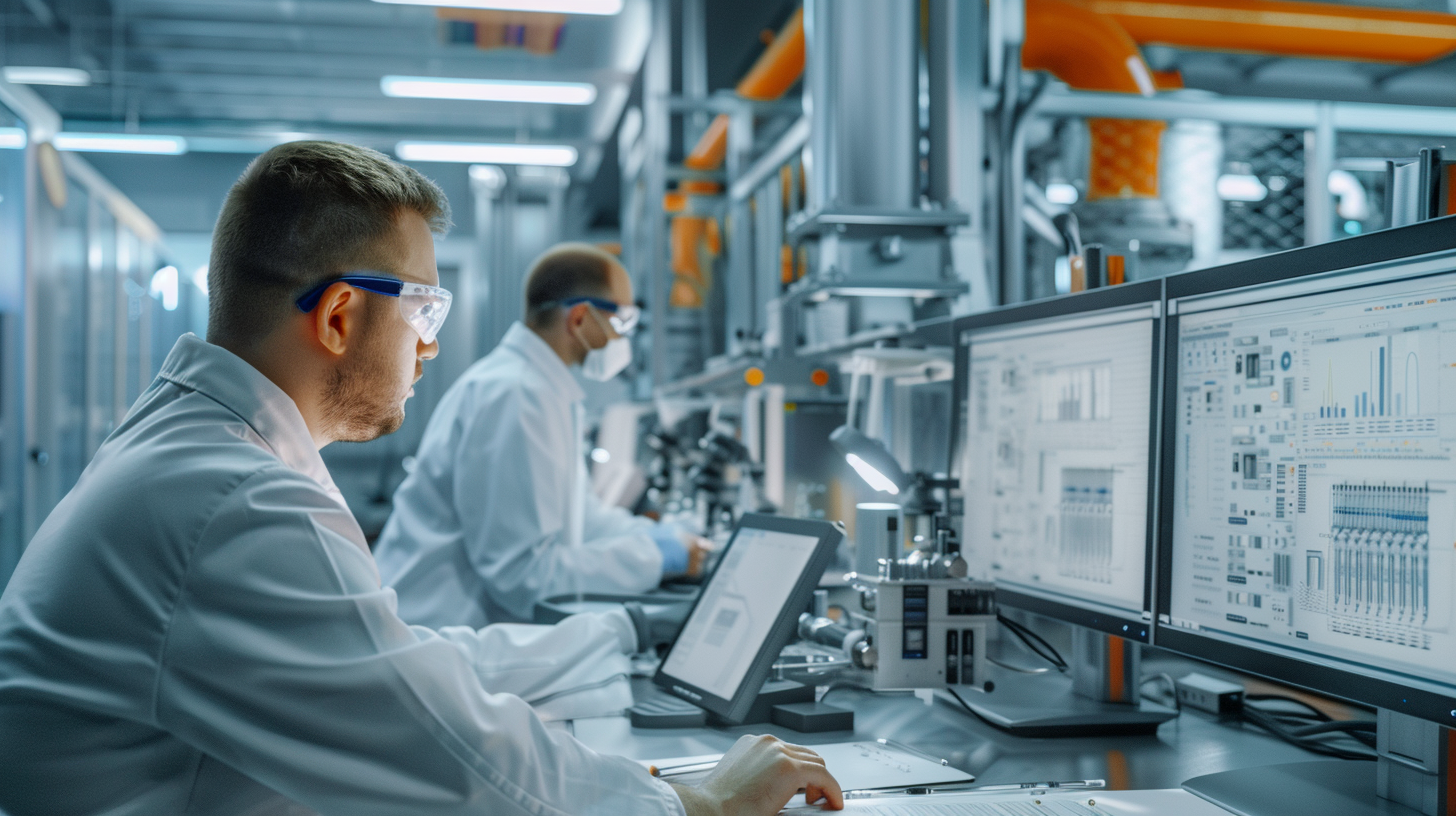We are committed to AEM electrolysis technology as the next generation of electrolysers and intend to drive its development, scaling-up, and implementation in industry in the coming years.
Electrified reactors will also play an important role in the generation of renewable molecules such as methanol, ammonia, and synthetic fuels.
On the other hand, the optimal design of hydrogen plants and their derivatives, the intensification of processes, the appropriate selection of materials, and the assurance of safety will be key factors for an efficient industrial implementation of hydrogen technologies. These areas will not only determine the technical and economic viability of the projects, but will also be fundamental to ensuring their scalability, sustainability, and acceptance in the industrial environment.
And finally, in the coming years, we will see more and more cases of hydrogen end-use validation in industrial sectors (steel, fertilisers, chemicals, refineries, etc.) and in mobility (mainly, heavy-duty).



